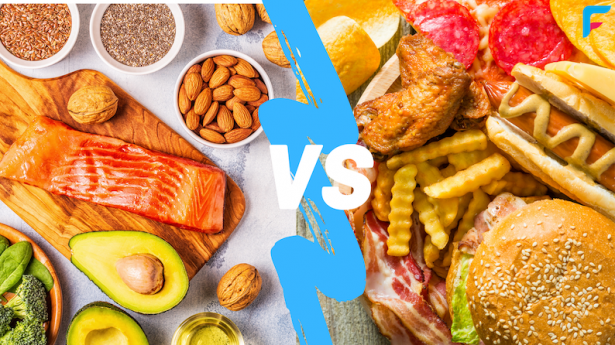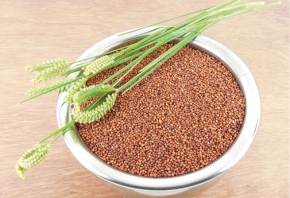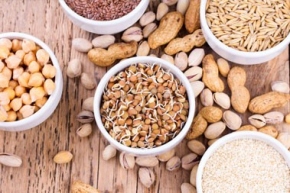Fat Facts

Myth-busting information about an essential food component that’s been dragged through the mud
There is a reason why fat is called a macronutrient. When we try to cut down on it in the name of weight loss or choose the wrong kinds thinking that we’d save some money, it could actually end up costing us a lot in terms of our health.
Fear fat? Here’s what you should know
Fat is required for various functions in the human body. Did you know that fats are a precursor to your hormones? Being fat-deficient can result in hormonal imbalance, lower energy levels, and even reduced libido.
It is also important to know that there are numerous vitamins that are fat-soluble and you need fats so they can be absorbed into the body. Vitamin A, Vitamin D, Vitamin E, and Vitamin K are all examples of fat-soluble vitamins that require fat for better absorption, as do essential spices like turmeric and pepper.
This is one reason fat-free or low-fat diets cripple our health, skin, hair, nails, immunity, metabolism, energy levels, hormones, mood, alongside sexual, cognitive, nerve, eye and heart health. These are mistakes made just to lose a few kilos.
In fact, every single cell of our body needs fat, since every cell membrane is made up of lipids. It is important to maintain a balance and include all major food groups in your diet including fats.
Additionally, fat helps bring in a feeling of satiety after meals and keeps cravings in control. When we skip fats, we may struggle to feel full and actually end up eating more than needed. Fats are also required for the production of bile acids, lipoprotein, and works as an insulator.
So, don’t fear fats. Fear the wrong kind of fats like refined oils, hydrogenated fats, trans fats, palm oil, and products containing them like pastries, biscuits, etc. They are the main culprits for obesity, inflammation, cardiovascular diseases, hormonal imbalances, acidity, and poor gut health.
Cooking oils
Most of our fat consumption comes from cooking oil. We settle for cheap, refined oils to save money but end up damaging our health, resulting in inflammatory diseases in the body, which can be prevented. Refined oils work like slow poison for our bodies. Its effects are not immediate, but will happen over time.
As a thumb rule we must opt to buy organic, virgin and cold-pressed or wood churned oil. One must specifically look for labels that have these terms listed. Furthermore, knowing which kind of oil is suitable for which method of cooking is also important.
Indian dishes require a lot of heat during cooking, so using olive oil because it is healthy is wrong. Olive oil has a low smoke point and isn’t a suitable ingredient to cook Indian dishes. Instead, it’s great for raw consumption like a light sauté or as a drizzle to salads and soups, just like the Italians do!
Ethically sourced A2 ghee, coconut oil, peanut/groundnut oil, mustard oil, and sesame oil are best for Indian cooking. People say that coconut oil is the worst fat for your heart health and is saturated fat, but it’s a myth that needs to be busted.
Read the full article in 'Viva Goa' magazine copy.
Viva Goa magazine is now on stands. Available at all major book stalls and supermarkets in Goa.















